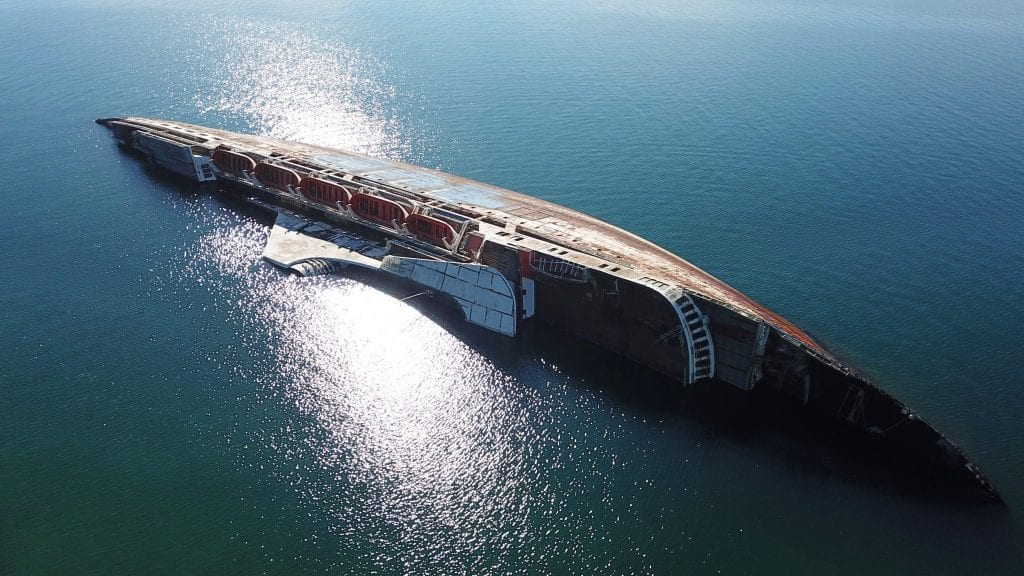Mistakes Boat Crash Victims Make That Cost Them

Sometimes at the injury scene the crash victim is out of it. Sometimes the crash victim has to rely upon family to help them or speak for them. The crash victim and/or their family have choices to make and here are the mistakes which we see again and again which cost injured claimants and/or their family.
Not Getting the Names of All Witnesses Possible.
OK, we agree the first priority is to get the medical treatment, but we constantly see people involved in boat crashes/injuries who could get witness names, but they don’t. This also applies to family and friends of the victim, many times family talks about “several other boats stopped to help”, “several other people stopped to help”, “but we didn’t get their names”. In many of these boating injuries cases the question of liability is contested. It is important that a victim—or someone for the victim—get as much information as possible about potential witnesses.
Writing a Witness Statement Which Contradicts Later Statements.
If the Florida Fish and Wildlife Conservation Commission—the “FWC”—or the US Coast Guard investigates your boat crash or Jetski crash many times they will ask the victim to write a statement about how the incident occurred and injuries received. These written statements are not supposed to be admissible in Court. (Hopefully, the attorney you choose knows the statute number for that point. We do.) However, many times the insurance company will stick to any contradictory statements made in the victim’s incident statement. When a person has suffered a casualty and injury it is the worst time to write a witness statement. The victim can be still in shock, may not have a complete understanding of what happened, or may not know all of the circumstances which they will later come to know. (NOTE: Cruise lines are especially bad about asking the injured victim to write out a statement right at the injury scene or at the infirmary, and one question is frequently “What could you have done to avoid the incident?”)
Talking With the Insurance Companies Without an Attorney.

This happens very often. Recognize, even if it is your own insurance company they have a financial interest in not wanting to pay out money. In other words, just because it’s your insurance company it doesn’t mean they voluntarily want to pay out a bunch of money. Also, recognize that insurers have scripted questions designed to help them during recorded statements. Many insurers try to get you to say things which are beneficial to them. Insurers want that recorded statement for one reason: to help them. Ask yourself, why does this have to be recorded? (It doesn’t.) Can’t they just take down my information? Yes, but eventually they want to use your recorded statement against you. The biggest mistake is talking to the insurer in a recorded statement without us to be there with you every step.
Not Documenting the Scene and the Vessels Involved.
Vessels involved may not be around for very long. The at-fault vessel or JetSki may be disposed of very quickly. Data on the electronic equipment on the at-fault vessel can be erased, copied over, or the equipment itself can be destroyed. If liability is disputed in your case, it is of utmost importance to get a maritime attorney on the job for you. (Not a car accident attorney or dog bite attorney!) This is where maritime-specific expert witnesses are used to help prove your case. However, if the vessel(s) and/or electronic equipment are gone, it makes it more difficult to prove your case against the at-fault operator. Ditto for the scene. Any marks, impressions, damage, need to be documented by us immediately. (Yes, we—the attorneys–go to the accident scene and inspect the vessels with our experts.) A week later can be too late. This should be done immediately. We document the scene and vessel(s) as soon as you hire us to work for you. (And remember this, there is no charge to you unless we recover for you.)
Not Getting Biographical Info and Photographs.
Get the:
- Make of the vessel. (Mako, Sea Fox, Boston Whaler, Hatteras, Aquasport, etc.)
- Length of the vessel. (It is usually in the manufacturer’s name of the vessel. A Mako 2100 is a 21’ vessel, a Pro-line 2700 is a 27’ vessel.)
- Name of the vessel. (Some have this, and some don’t.)
- FL numbers of the vessel. (Usually displayed on the outside of the hull toward the bow of the vessel. Larger vessel have US Coast Guard numbers)
- Type of engines and how many engines (Outboards? Mercury, Evinrude, Yamaha, Johnson, etc.) (Inboard?) (Inboard/outboard?)
- Color of the vessel and any graphics. (Company or product name? Graphics?)
- Home port. (Larger vessels often have a home port listed by the name of the vessel on the back of the vessel.)
- Any other fact that sticks out. (i.e., It had 2 levels. It was a cabin cruiser. It was a speed boat. A pontoon boat. A standup Jetski. A sitdown Jetski for three riders, etc.)
Not Hiring a Maritime Attorney
True when you have a dog bite, hire a dog bite attorney. When you have a cruise ship injury, boat crash, or JetSki crash, hire a maritime attorney. Don’t hire a dog bite or car accident attorney for your serious injury case. It matters.
We are often referred cases from other attorneys—and there are two reasons for this. One, maritime law is complex, and often conducted in federal court. Two, those attorneys trust us to faithfully handle cases for clients injured on cruise ships or boating and Jetski accidents. Maritime law is not like car accident law. Don’t hire an attorney who is not a maritime attorney. Don’t let a dog bite or car accident attorney muddle their way through your case.
WE ARE MARITIME ATTORNEYS. WE CAN HELP YOU RIGHT NOW.
